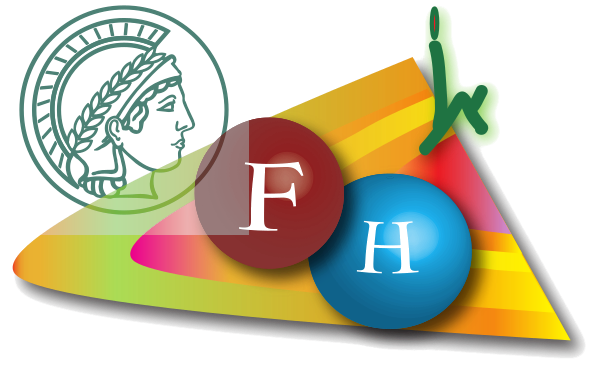Donald J. Kouri passed away on February 9, 2021, He was 82,

We are sorry to announce that our friend, teacher, and colleague, Donald J. Kouri of the University of Houston, passed on February 9, 2021, at 82.
Kouri developed one of the most fundamental and frequently used approaches for deriving transition probabilities and cross-sections in quantum reactive scattering processes, based on the Lippmann-Schwinger equation, a known formulation till today as the Baer-Kouri-Levin-Tobocman (BKLT) equation. He has also invented the Distributed Approximating Functionals (DAFs) wavelets (with David Hoffman of Iowa State University) which allowed efficient signal analysis and image processing and was used to study fluid dynamics and reaction dynamics.
Among the many awards he received during his career was the Special Creativity Award from the National Science Foundation in 1992, the Humboldt Award in 1973, and the Alfred P. Sloan Foundation fellowship in 1972, the UH Outstanding Research Award in 1997, and the Esther Farfel Outstanding Faculty Award in 1982.
Donald J. Kouri visited our center in Jerusalem quite frequently and was a dear friend of all our researchers. His wisdom inspired much of our science in Jerusalem.




